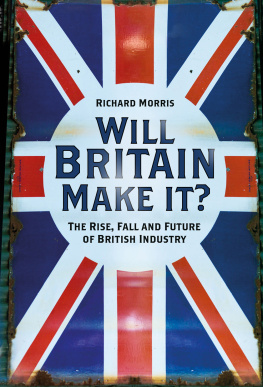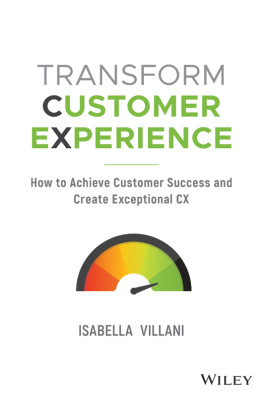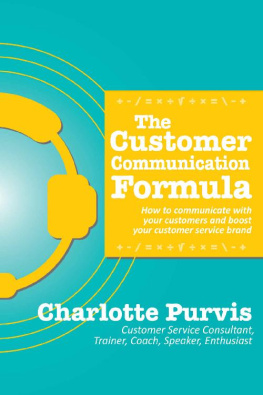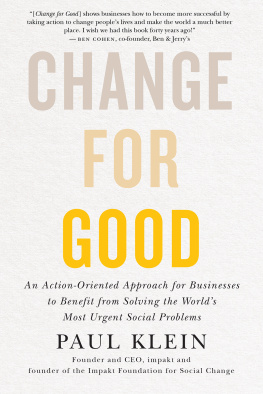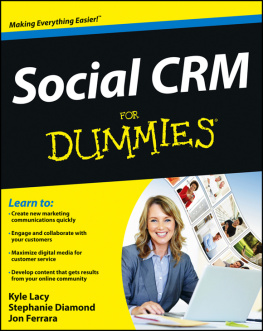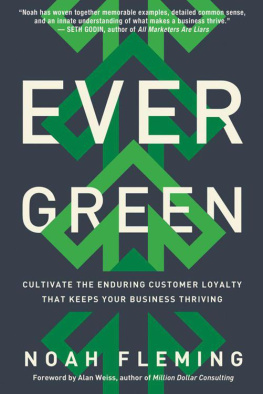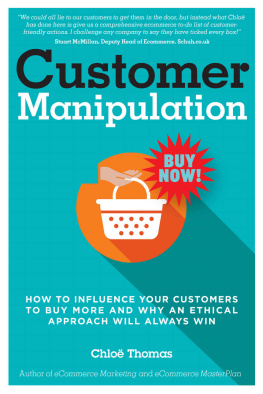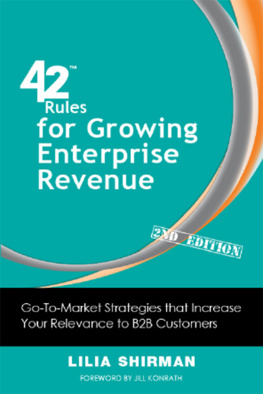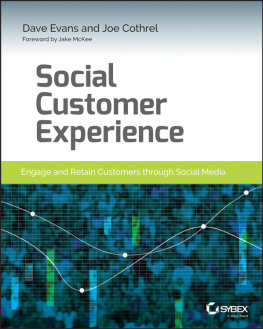
Givenomics
First published in 2012 by
Anoma Press
48 St Vincent Drive, St Albans, Herts, AL1 5SJ, UK
www.anomapress.com
Book layout by Neil Coe
Printed on acid-free paper from managed forests. This book is printed on demand to fulfill orders, so no copies will be remaindered or pulped.
ISBN 978-1-908746-74-0
The right of Richard Morris to be identified as the author of this work has been asserted in accordance with sections 77 and 78 of the Copyright Designs and Patents Act 1988.
A CIP catalogue record for this book is available from the British Library.
All rights reserved. No part of this book may be reproduced in any material form (including photocopying or storing in any medium by electronic means and whether or not transiently or incidentally to some other use of this publication) without the written permission of the copyright holder except in accordance with the provisions of the Copyright, Design and Patents Act 1988. Applications for the Copyright holders written permission to reproduce any part of this publication should be addressed to the publishers.
This book is available online and in all good bookstores.
Copyright 2012 Richard Morris
Dedication
To my wife Connie I love you all the world.
Your support and encouragement (as always) is amazing .
To Alexandra and James thanks for your patience and just being brilliant .
To Max woof!
Approved Testimonials
Often youll come across a simple idea and say why didnt I think of that? Givenomics is such an idea and it has the power to change the way we think and the communities in which we live. Richard Morris book embraces the latest technology and shows how personal giving can be made easier to enable individuals, beneficiaries and companies to win at the same time. More importantly, it shows that by satisfying our innate desire to belong and contribute, contribution can empower an individual to thrive and reach out for that butterfly of happiness.
Robert Purcell, Chief Executive East Herts YMCA
Richards book is in many ways a revelation. He explains the theory and practice of Givenomics in a very clear and thought-provoking voice. An extremely worthwhile read.
Victoria Stapleton, founder of Brora Ltd
Occasionally strange portmanteau words creep into the language: stagflation, humongous, infomercial but now we have one that, if it works, will transform how we give money and how businesses can be part of the solution and not part of the problem. Givenomics, the new book by Richard Morris, entrepreneur and founder of TheGivingMachine, is a must-read for anyone interested in how our society could be a better place: its a really good read too.
David Fitzpatrick,Chief Executive,
Cynnal Cymru Sustain Wales
Acknowledgements
I always said Id write a book but wanted to wait until I found something worth writing about Givenomics is that something.
There are numerous people to say thanks to but heres a selection:
- Ann and Suzanne for the initial encouragement to go ahead with TheGivingMachine
- Jonathan, Craig and Mark for helping to shape an idea into a real company and sticking with it
- Mario for joining the team to make the board and me more effective
- Luisa, Gina, Lisa, Deb, Claire, Emma, Lara and Karen who have helped, or are still helping, to grow TheGivingMachine
- Connie Morris, Robert Purcell, David Fitzpatrick, Jeremy Spencer, Victoria Stapleton and Robert Ashton who reviewed first drafts and ideas, were honest with their feedback and helped shape up the final draft to what you have in your hand.
Table of Contents
Introduction
Businesses have broken our economy and we all have to literally pay for that. Typically they strive to increase shareholder value by constantly seeking to push more stuff to more customers with in your face sales techniques. These models may hit short-term sales targets but they dont build long-term shareholder value and have little or no benefit for the communities we all live and work in. Never has it been more obvious that businesses driven by greed have caused such incredible and long term damage to an entire economic ecosystem.
Businesses have become a major part of the problem. Doing business the same way and expecting different results is the definition of insanity.
New approaches are required that will transform businesses to become part of the solution. Givenomics is an emerging model that unites companies, customers and communities so all can contribute and thrive.
Current Business Models are not Working
Chasing Profitability Alone is not Good Enough Anymore
Economics a Definition
Looking up the meaning of economics I found the following definition:
Economics: the branch of knowledge concerned with the production, consumption, and transfer of wealth (Oxford Dictionary).
I am not an economist, but it would seem that our economic models and systems have broken in recent years. There is deep dissatisfaction across the globe with the most profitable companies and the most successful business leaders. This situation is destructive. There is a need to identify ways in which economic models can be more constructive, ways in which new models can be a powerful force for contribution for all and not just the few.
Prosperity should be Celebrated
Ideally, profitable companies should be applauded they create wealth, the money, in the first place. However, we have seen numerous financial meltdowns in recent years along with the almost incredible behaviour of prosperous people especially in the banking sector. There has been a growing gap between average earners and top earners in many business sectors. For many, this has led to a general mistrust of prosperity on both a personal and business level. Unfortunately, that mistrust has been well-founded in many cases but this attitude is not a healthy one for any economic community.
We need successful people, successful businesses that make profits, but they need to connect back to the very people and the very communities that help them produce that wealth in a way that builds a more sustainable model for everyone. To date, sustainability is primarily concerned with eco-friendly aspects of conducting business. While these are undeniably important, they do not address the economic problems we face.
We need new approaches to unite commerce, customers and communities in ways that enable them all to experience success:
Prosperous businesses
Happy customers
Thriving communities
The Wealth/Happiness Ratio is not what you Would Expect
Theres no getting away from the fact that there will always be more prosperous parts of the world than others. There will be more prosperous countries, businesses and people than others. However, increased wealth has not led to increased happiness and wellbeing. Many studies have been carried out on happiness and how it correlates to wealth, both at an individual and on a country or regional level. However, measuring happiness is obviously really difficult. Its subjective and feelings-based, whereas material wealth is specific and measurable. I know that some economists would still argue with the latter, but in the main, you can put a number to a wealth assessment.



